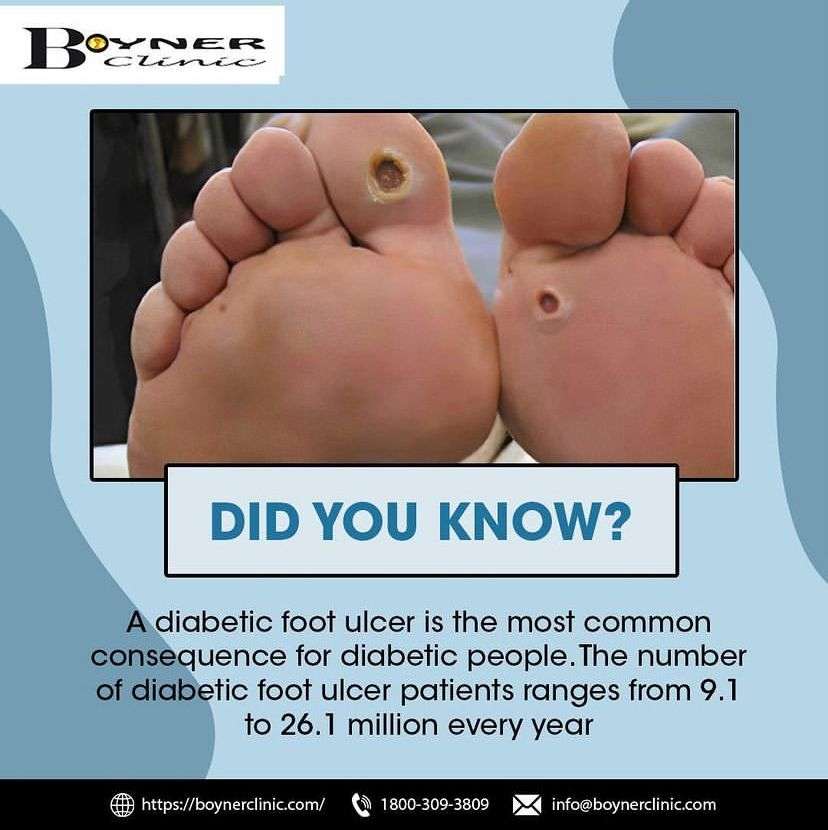When it comes to managing diabetes, taking care of your feet is of paramount importance. People with diabetes are more prone to foot problems due to reduced blood circulation and nerve damage. To counter these challenges, both diabetic insoles and diabetic shoes offer viable solutions. In this article, we’ll delve into the comparison between diabetic insoles and diabetic shoes to help you make an informed decision about which option is best suited for your needs.
Understanding Diabetic Foot Care
Diabetes can lead to a range of complications, including neuropathy and poor circulation, which can result in foot ulcers, infections, and even amputations if left untreated. To prevent such complications, proactive foot care is crucial. This is where diabetic insoles and diabetic shoes come into play.
Diabetic Insoles: An Overview
Diabetic insoles, often referred to as orthotic insoles or inserts, are specialized shoe inserts designed to provide additional support, cushioning, and pressure distribution for people with diabetes. These insoles are tailored to the unique needs of diabetic individuals, focusing on reducing friction and pressure points that can lead to ulcers and blisters. The best shoe insoles for diabetics patient are made from materials that offer optimal shock absorption, moisture-wicking properties, and a comfortable fit.
Diabetic insole treatment involves wearing these inserts inside your regular shoes. They work by redistributing weight and relieving pressure on sensitive areas of the feet, reducing the risk of foot complications. Additionally, these insoles can improve gait and alignment, offering added comfort and stability.
Diabetic Shoes: An Overview
Diabetic shoes, on the other hand, are specially designed footwear explicitly crafted for individuals with diabetes. These shoes are constructed using breathable materials that reduce moisture buildup, preventing bacterial and fungal growth. The interior of diabetic shoes is seamless, minimizing the chances of friction-induced injuries. They also provide ample room for toe movement, reducing the risk of developing pressure ulcers.
One of the key advantages of diabetic shoes is that they eliminate the need for separate insoles, as they already come equipped with specialized cushioning and support. This ensures that your feet receive the necessary care without requiring additional inserts.
Diabetic Insoles vs. Diabetic Shoes: Making the Choice
The decision between diabetic insoles and diabetic shoes ultimately depends on your individual needs and preferences.
Diabetic Insoles: If you have well-fitting and supportive shoes that you love to wear, adding diabetic insoles could be an excellent option. These insoles can enhance the comfort and protective features of your existing footwear, especially if you’re looking for targeted support in specific areas.
Diabetic Shoes: If you’re seeking an all-in-one solution that doesn’t require inserting specialized insoles into your shoes, diabetic shoes are a practical choice. They provide comprehensive foot support, cushioning, and protection, minimizing the risk of foot problems and complications.
In the realm of diabetic foot care, both diabetic insoles and diabetic shoes play integral roles. The decision between the two depends on your lifestyle, existing footwear, and personal preferences. Remember, prioritizing foot health is essential for individuals with diabetes, and choosing the right option – be it diabetic insoles or diabetic shoes – can significantly reduce the risk of complications, ensuring that you continue to move comfortably on your journey towards overall well-being. Always consult with your healthcare provider or a podiatrist before making a decision, as they can provide personalized guidance tailored to your specific needs.
Boyner Clinic has an innovative range of custom orthotics which can bring a major corrective change in your body’s biomechanics. Book an appointment today or call us at 1800-309-3809

